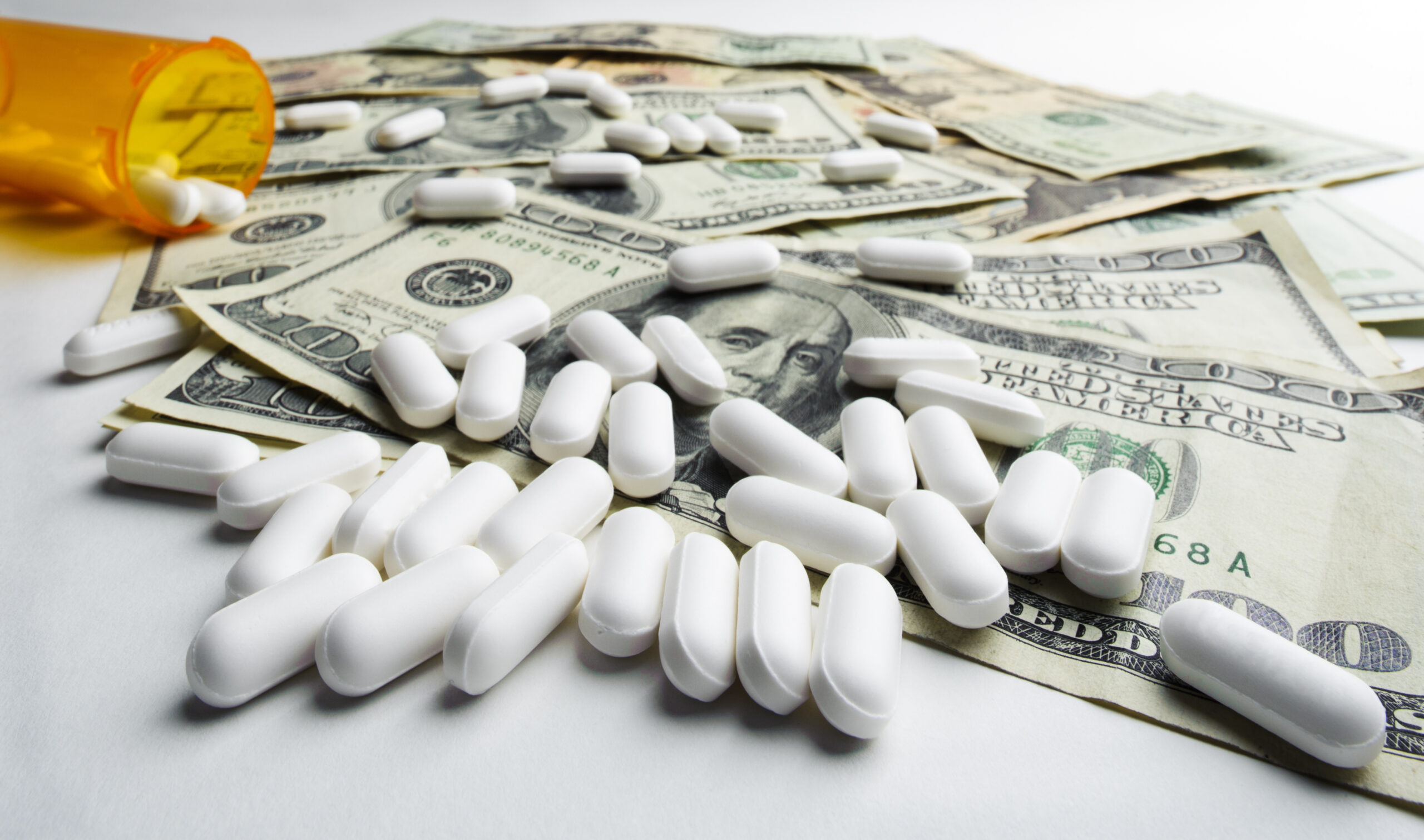© 2025 CSRXP- All Rights Reserved

THEY SAID IT! Senators on Aging Panel Pledge Bipartisan Action To Lower Drug Prices & Hold Big Pharma Accountable
Jun 20, 2019
Washington, D.C. – The U.S. Senate Special Committee on Aging held its third hearing on the “Complex Web of Prescription Drug Prices” on Wednesday. Senators from both sides of the aisle called for action to lower drug prices for not only seniors, but all patients, and hit Big Pharma for the industry’s anti-competitive and price-gouging tactics.
Senator Susan Collins, Special Senate Committee on Aging Chairwoman (R-ME): “The American people are clamoring for action… We must do more to ensure that these essential medicines are more affordable, that their prices are more transparent and that their competitors are not blocked once their patents have expired by gaming of the patent system … Humira is my posterchild for what’s happened in this area and it shows what’s wrong with the current system … [the] American people incredibly must wait until 2023 before the less expensive biosimilar is available as a result of AbbVie’s anti-competitive patent-thicket strategy.”
Senator Bob Casey, Special Senate Committee on Aging Ranking Member (D-PA): “With the current prices Americans are being asked to pay for their prescription drugs, many find themselves asking ‘how can I make ends meet?’ Over and over again they ask themselves that question… Just as someone enters their golden years and has a secure retirement, or they hope for a secure retirement, the cost of prescription drugs skyrockets. These costs, to say the least, can be crushing. Indeed, it’s our sacred responsibility to our aging loved ones, as well as our children and their children, that they’re not forced to shoulder the crushing bag of rocks that prescription drug costs have become.”
Senator Martha McSally (R-AZ): “I’ve done a 15 county tour in my first 90 days in the Senate and the cost of prescription drugs has been a top issue for my constituents regardless of their age or of their situation economically, seniors, young people, small business owners, you name it. This is a top of mind issue for Arizona families.”
Senator Jeanne Shaheen (D-NH): “The sky-rocketing costs of insulin is a matter of life and death for diabetic patients of all ages. Many of those patients have tried to ration their insulin because they can’t afford its high costs. In New Hampshire, and I’m sure it’s true in Maine and probably Pennsylvania, we have many of our citizens who are going to Canada to buy insulin because they can buy it cheaper in Canada.”
During the hearing, several senators also asked about the administration’s proposed Rebate Rule and its negative side effects. While we applaud the administration’s focus on lowering prescription drugs prices, the Rebate Rule would be a step backwards. The proposed Rule would:
- Hike Medicare Premiums. Under the Rebate Rule, Medicare Part D premiums would increase between 25 and 40 percent. (Center For Medicare & Medicaid Services Office Of The Actuary, Memo On Proposed Safe Harbor Regulation, 1/31/19; Congressional Budget Office, Incorporating The Effects Of The Proposed Rule On Safe Harbors For Pharmaceutical Rebates In CBO’s Budget Projections, 5/2/19; Avalere Health, Costs for Taxpayers Could Skyrocket Under Proposed Rebate Rule, 4/8/19)
- Come at a Huge Cost to Taxpayers. The proposed rule would come at a tremendous cost to American taxpayers, with a price tag ranging from nearly $200 billion to more than $400 billion from 2020 to 2029, making it one of the most expensive regulations in U.S. history. (Center For Medicare & Medicaid Services Office Of The Actuary, Memo On Proposed Safe Harbor Regulation, 1/31/19; Congressional Budget Office, Incorporating The Effects Of The Proposed Rule On Safe Harbors For Pharmaceutical Rebates In CBO’s Budget Projections, 5/2/19; Avalere Health, Costs for Taxpayers Could Skyrocket Under Proposed Rebate Rule, 4/8/19)
Hand Big Pharma a Massive Bailout. Government analysis from the Centers for Medicare & Medicaid Services (CMS) finds that under the rule, Big Pharma will keep the dollars they currently pay in rebates and use the rule as an opportunity to line their own pockets with an increased $137 billion in overall drug spending – a bailout essentially rewarding their anti-competitive behavior. (Center For Medicare & Medicaid Services Office Of The Actuary, Memo On Proposed Safe Harbor Regulation, 1/31/19)
- Fail to Lower Drug Prices. There’s no guarantee the Rebate Rule would result in lower prices at all. In fact, the nonpartisan Congressional Budget Office predicted the Rule would not result in lower list prices. Analysts at Avalere Health found the Rule could even increase out-of-pocket costs for Medicare Part D beneficiaries by as much as $36.5 billion. (Avalere Health, Costs for Taxpayers Could Skyrocket Under Proposed Rebate Rule, 4/8/19)
A recent survey found a whopping 84 percent of Americans, from across the political spectrum, would rather Congress focus on solutions that crack down Big Pharma’s price-gouging and anti-competitive tactics, rather than measures targeting rebates.
The Campaign for Sustainable Drug Pricing (CSRxP) is encouraged by lawmakers’ bipartisan commitment to lower prices and offer much needed relief to patients across the country. Lawmakers should continue to work to lower drug prices for patients by increasing transparency and competition and by holding Big Pharma accountable.
